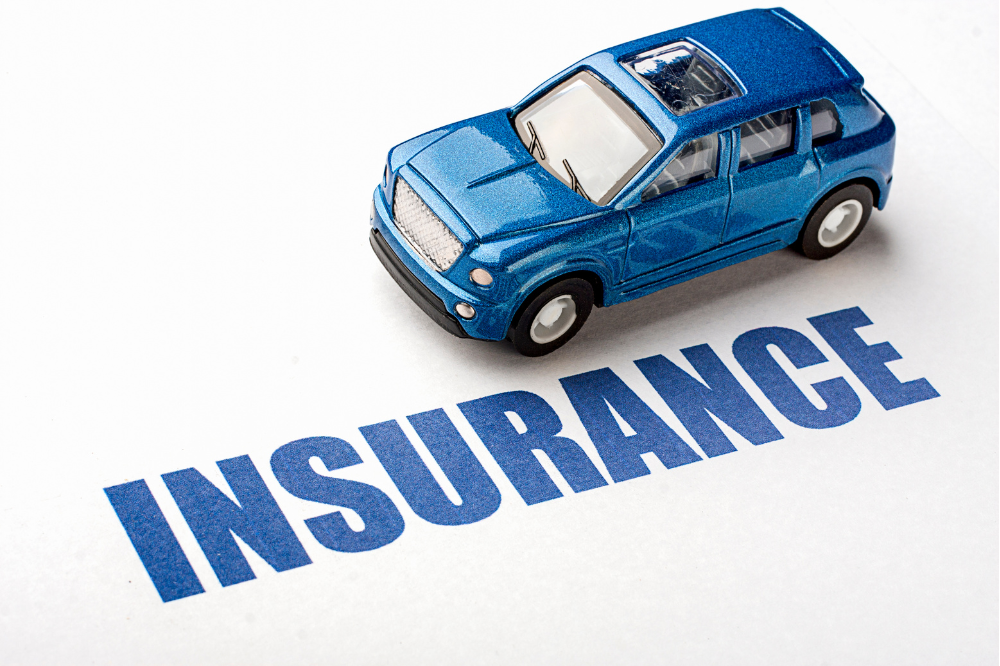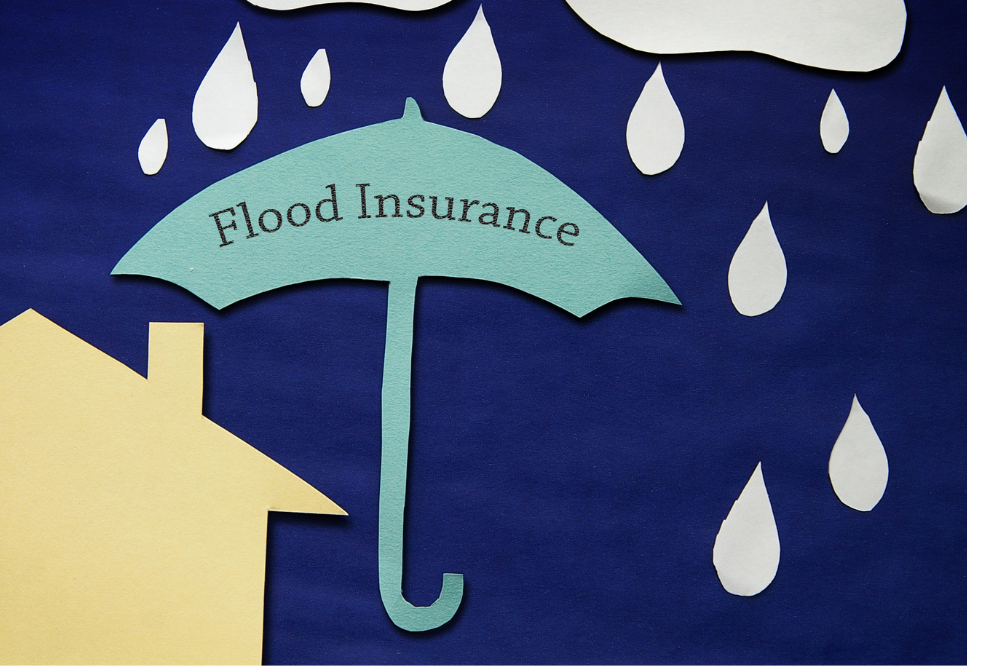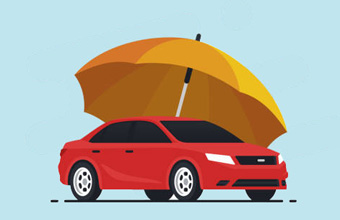Introduction to buying renters insurance policy
Many people believe their landlord’s insurance will cover their belongings in the event of a fire or break-in, but this is often not the case. Renters insurance is a type of insurance that covers your personal belongings in the event of damage or theft. It can also provide liability coverage if someone is injured while on your property. While buying renters insurance may seem unnecessary, it can come in handy if your home is broken into or damaged by a fire. A renters insurance policy typically costs between $10 and $20 per month, making it a relatively affordable way to protect your belongings.
Why do you need Renters Insurance?

Most renters assume that their landlord’s insurance will cover their belongings in the event of a fire, flood, or other disaster, but this is often not the case. While homeowners insurance does protect the property itself, it does not usually cover the contents of the home. This is where renters insurance comes in. Renters insurance is a type of property insurance that covers the belongings of renters. In the event of a fire, theft, or other disaster, renters insurance can help to replace lost or damaged items. While renters insurance is not required by law, it is a good idea for anyone who owns valuable property. Landlords may also require renters to purchase renters insurance as part of their lease agreement.
How to get a Renters Insurance policy?
When looking for a renters insurance policy, there are a few things to keep in mind. First, it’s important to understand what a renters insurance policy covers. Most policies will protect your belongings in the event of damage or theft. However, it’s important to read the fine print to make sure that you’re covered for the perils that are most relevant to your situation. You should also consider the deductibles and coverage limits to make sure that you’re getting the best value for your money.
Once you’ve decided on the coverage you need, it’s time to start shopping around for quotes. The best way to do this is to use an online insurance comparison website. This will allow you to get quotes from a variety of different insurers and compare them side-by-side. When you’re comparing quotes, be sure to pay attention to the policy limits, deductibles, and coverage levels. Once you’ve found a policy that meets your needs, you can apply for it online or over the phone.
10 Things to look while purchasing renters insurance policy
1. Coverage for your personal belongings: Make sure your policy covers your personal belongings in the event of a fire, theft, or other covered disasters.
2. Liability coverage: This will protect you if someone is injured while on your property or if you accidentally damage someone else’s property.
3. Medical payments coverage: This will help pay for any medical bills if someone is injured on your property.
4. Replacement cost coverage: This will reimburse you for the full cost of replacing your belongings, rather than the depreciated value.
5. Guest medical protection: This will help pay for any medical bills if a guest is injured on your property.
6. Additional living expenses: This will reimburse you for any extra expenses if you need to temporarily live elsewhere due to a covered disaster.
7. Personal umbrella protection: This will provide additional liability coverage above and beyond what is included in your renters insurance policy.
8. Identity theft protection: This will help you deal with any expenses related to identity theft, such as credit monitoring and legal fees.
9. Pet protection: This will reimburse you for any vet bills if your pet is injured on your property.
10. Discounts: Many insurers offer discounts for things like smoke detectors, security systems, and more. Be sure to ask about any available discounts when you’re shopping for a policy.
Keeping these things in mind will help you choose a policy that’s right for you and give you peace of mind knowing that you’re covered in case of an emergency.
How much does Renters Insurance cost?

The cost of renters insurance depends on a number of factors, including the size and location of your home, the type of coverage you need, and the deductible you choose. However, on average, renters insurance costs about $15 per month. That means for just $180 per year, you can have peace of mind knowing that your belongings are protected in the event of a fire, theft, or natural disaster. In addition, most renters insurance policies also provide liability coverage in case someone is injured while on your property. When it comes to choosing a renters insurance policy, be sure to shop around and compare rates from different companies before making a decision.
Compare Renters Insurance policies
When it comes to protecting your home, renter’s insurance is an important consideration. But with so many different policy options out there, how do you know which one is right for you? Here’s a quick rundown of what renter’s insurance covers and how much it might cost.
Renters insurance typically covers the contents of your home in the event of damage or theft. This can include things like furniture, electronics, clothing, and more. It may also cover you in the event that someone is injured while on your property. Most policies have a limit on the amount they will pay out, so it’s important to make sure that your coverage is adequate for your needs.
The cost of renter’s insurance varies depending on a number of factors, including the value of your belongings and the amount of coverage you need. However, it is generally very affordable, with some policies costing as little as $5 per month. When considering how much coverage you need, be sure to take into account not only the value of your belongings but also the cost of replacing them.
Purchasing renter’s insurance is typically very easy and can be done online or through your agent. Be sure to shop around and compare policies before making a decision to ensure that you are getting the best coverage for your needs at the best price.
Who are insurance commissioners? and what do they do?
Insurance commissioners are state officials who regulate insurance companies. Their job is to make sure that insurance companies are financially stable and operate fairly. They also work to protect consumers from fraud and deceptive insurance practices. In most states, the insurance commissioner is elected by the people. Insurance commissioners have a lot of authority. They can approve or disapprove rate changes, issue licenses to insurance companies and agents, and investigate complaints against insurance companies. Some insurance commissioners also serve on boards that oversee things like workers’ compensation and auto insurance.
10 best renters insurance companies

There are a lot of different renters insurance companies out there, so it can be hard to choose the best one for your needs. Here is a list of the 10 best renters insurance companies, based on customer reviews and ratings:
1. State Farm
2. Allstate
3. Liberty Mutual
4. Nationwide
5. Travelers
6. USAA
7. Progressive
8. Farmers
9. GEICO
10. Esurance
These companies all offer different coverage options and have different rates, so you’ll need to compare them in order to find the best one for you.
How much renters insurance cover personal possessions
As a renter, you likely have many personal possessions that you value greatly. But what happens if these belongings are damaged or stolen? This is where renters insurance comes in. Renters insurance is designed to protect your personal possessions in the event of damage or theft. Typically, renters insurance will cover the cost of repairing or replacing your belongings up to a certain limit.
This limit will vary depending on the policy, but it is typically between $1,000 and $2,000. So, if you have personal possessions that are worth more than this amount, you may want to consider additional coverage. Ultimately, renters insurance can give you peace of mind knowing that your personal belongings are protected.
How much insurance covers property coverage?
Most people are familiar with homeowners insurance, which helps to protect your home and personal possessions in the event of damage or theft. However, you may be less familiar with property insurance, which covers a wider range of items. This type of insurance can help to cover the cost of damage to vehicles, jewelry, and other personal belongings. It can also provide coverage for loss of income if your business is interrupted by a covered event. Property insurance typically provides broader coverage than homeowners insurance, but the amount of coverage will vary depending on the policy. Be sure to speak with your insurer to determine how much protection you need.
What is tenant insurance? and how to get it
Tenants insurance is a type of insurance specifically for tenants. It covers the things you own inside your rental unit, like furniture and clothing. tenants insurance also protects you if someone gets hurt while they’re in your home. And, it can cover the cost of temporary housing if your unit becomes uninhabitable because of a fire or other disaster. You may be wondering how to get tenants insurance. The best way to get tenants insurance is to ask your landlord if they have a preferred insurer. If not, you can shop around for a policy that fits your needs and budget.
Be sure to read the fine print so you understand what is and isn’t covered by your policy. For example, most tenants insurance policies don’t cover damage from floods or earthquakes. You may need to purchase separate flood or earthquake insurance to be fully protected.
Car insurance

Car insurance is a type of insurance that helps to protect drivers and their vehicles in the event of an accident. It can also help to cover the costs of damages caused by car accidents. Auto insurance is typically required by law in most states, and it is typically sold through car insurance companies. Car insurance rates can vary based on a number of factors, including the driver’s age, driving history, and the type of car being insured. Drivers can get car insurance quotes from car insurance companies or through independent agents.
Flood Insurance

Flood insurance is a type of insurance that helps to protect your home or business from flood damage. It is important to have flood insurance if you live in an area that is susceptible to floods, as it can help to cover the cost of repairs and replacement. Flood insurance is typically offered by private insurance companies, and it can be obtained through your local insurance agent.
You may also be able to purchase flood insurance through the National Flood Insurance Program (NFIP). The NFIP offers flood insurance for both residential and commercial properties, and it can be a good option for those who are unable to obtain coverage through a private insurer. When shopping for flood insurance, it is important to compare rates and coverage options from different insurers to find the policy that best meets your needs.
Earthquake insurance
Earthquake insurance is a special type of insurance that covers damage caused by earthquakes. While most homeowners insurance policies cover some types of damage caused by natural disasters, they typically exclude earthquakes. As a result, if you live in an area that is prone to earthquakes, it’s important to purchase earthquake insurance.
There are a few different ways to get earthquake insurance. One option is to purchase a standalone policy from a company that specializes in earthquake insurance. Another option is to add an endorsements to your existing homeowners insurance policy. Some insurers also offer earthquake insurance as part of their homeowner’s package policy. Whichever option you choose, make sure to compare quotes from multiple insurers to get the best rate.
Do insurance companies give additional living expense coverage?
Insurance companies are in the business of protecting their customers from financial loss. As such, most policies include some form of additional living expense coverage. This coverage provides reimbursement for expenses incurred as a result of having to evacuate or relocate due to an insured event, such as a fire or severe weather. While the specifics of each policy differ, most will cover expenses such as hotel bills, restaurant meals, and storage fees. This coverage can be invaluable in the event of an emergency, so it is worth checking to see if your policy includes it.
Renters insurance policy for personal property
When you’re renting a home or apartment, it’s important to protect your personal belongings in case of fire, theft, or other damage. That’s where renters insurance comes in. A renters insurance policy covers the cost of repairing or replacing your personal property if it’s damaged or destroyed by a covered event. It also provides liability coverage if someone is injured while on your property. To get started, simply talk to your insurance agent about personal property coverage and choose the best policy for your needs. You’ll be glad you did if something ever happens to your stuff.
How to get a renters insurance policy
Renters insurance is an important way to protect your personal property against damage or loss. Luckily, getting a policy is easy and relatively inexpensive. Most companies will allow you to get a quote online in just a few minutes. When shopping for a policy, it is important to consider the value of your belongings and the amount of coverage you need. You may also want to consider add-ons such as liability protection or replacement cost coverage. By taking the time to find the right policy, you can ensure that your belongings are protected in the event of an emergency.
Bottom Line
We hope this article has been helpful in explaining what renters insurance is, why you need it, and how to get it. For more information on renters insurance or any other type of insurance policy, please read our blog posts. We have experts who can help you understand the complex world of insurance and make sure you are getting the best coverage for your needs.











